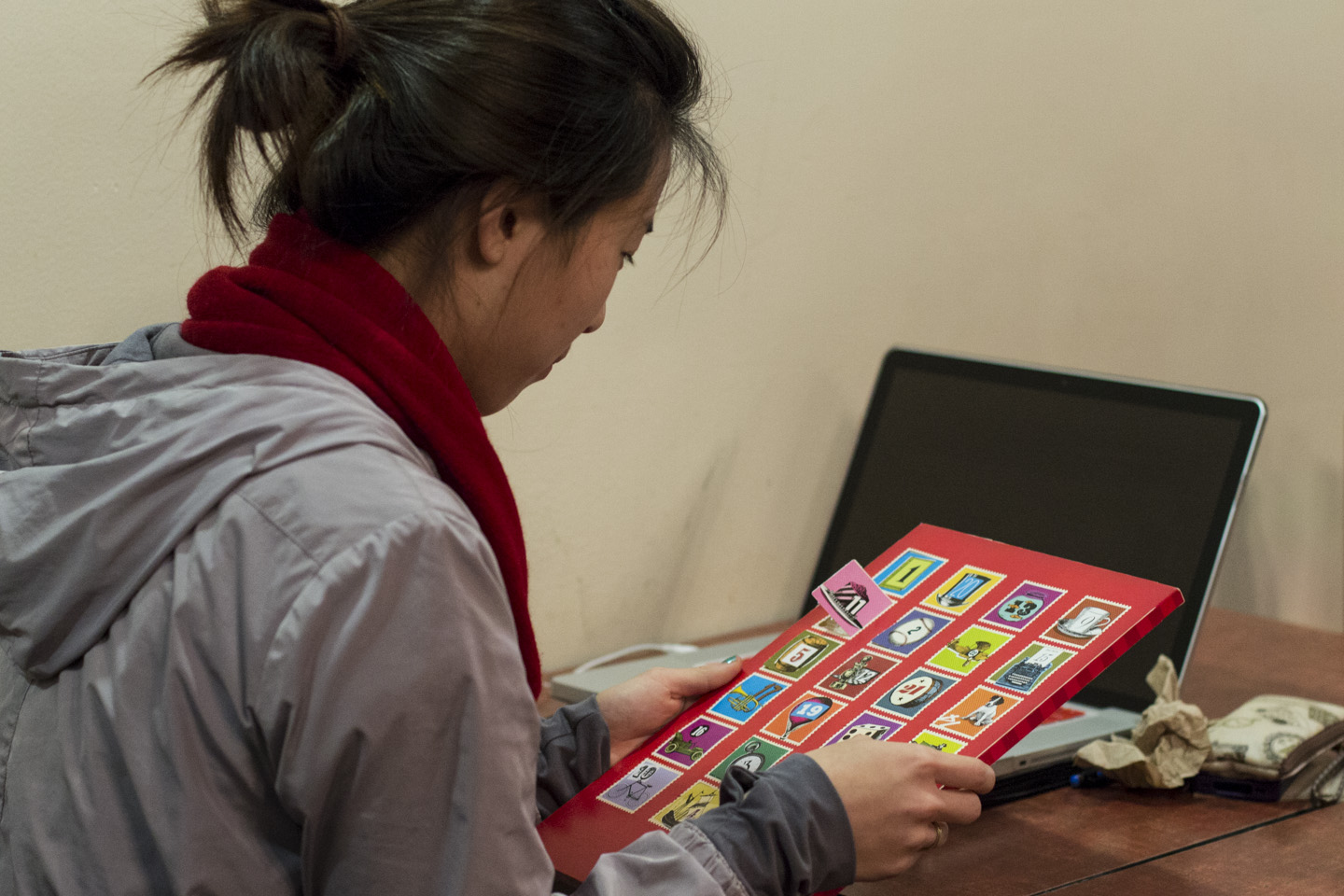The Christmas season commenced at 8 p.m. on Thanksgiving in the commercial world — suddenly people’s minds were occupied with dreams of Christmas trees with presents underneath, a new Audi with a bow on top, a necklace that results in a kiss.
Here at Biola, we’ve taken a very different approach — we start talking about the season of Advent, sing “O Come, O Come, Emmanuel” at nearly every chapel, and marvel at the Incarnation once in a while. Don’t get me wrong, all of these are lovely and valuable things.
However, the season of Advent is even richer than we give it credit for. We’ve boiled down our approach to a basic phrase of “waiting for Christ,” which we truly believe but can barely engage in among finals, projects and Christmas parties.
Let’s talk about Advent. As an Anglican, I’m probably a little more partial to church seasons than your average Biola student, but I think it’s something that, when noted, will enrich our preparations for Christmas.
As has been mentioned in chapels and classes, Advent is the time of preparation for Christ to come. However, I’m afraid that we have boiled that down to Christmas hymns and chocolate calendars. Such an understanding only scrapes at the surface of what Advent can really mean.
In the liturgical calendar, Advent marks the beginning of the year. It kicks off the church’s traditional circle of waiting for Christ, celebrating his birth, anticipating his death and resurrection and then seeking to understand how his teachings apply to our lives. But there’s a deep meaning in waiting for Christ. We, too, are waiting for him. Not only are we anticipating the celebration of his birth, but we should be sitting on the edge of our seats.
Of course, if you’re anything like me, you are on the edge of your seats and anxious with anticipation — waiting to see if you get that iPhone 5 for Christmas or if you pass Spanish class. Perhaps, though, this is a season to reorient ourselves toward anticipating something much bigger and better.
My life would shift so drastically if I spent my time during Advent sitting on the edge of my seat waiting for the second coming of Christ. Sweet new technology and that perfect grade point average pale in comparison to the return of Christ to redeem the world for his good.
In liturgical churches, Advent is not the celebratory time we tend to imagine. It’s a penitential season, dedicated to closely examining our lives for the sake of preparing ourselves for Christ’s coming. This season of waiting for Christ’s coming is a heavy one, indeed. It’s a good thing to prepare by prayerfully examining ourselves and considering our desperate need for a holy savior.
Advent is the perfect example of dwelling in the inaugurated eschatology. Here we are trapped in the middle of Christ’s already coming and waiting for him to come back. We’re eagerly preparing to celebrate the first, without knowing when our longing for the second will be satisfied.
I’d encourage you, in this season, to take some time away from the sparkly lights and loud carols. Seek out ways to acknowledge that Christ has come, yet is coming again. Allow your meditation on the Incarnation of Christ — that mind-blowing, earth-shattering truth that Christ lowered himself to be made human for us — to sink deep into your soul, and push you closer to an attitude of repentance and joyful expectation for the things of great importance.








